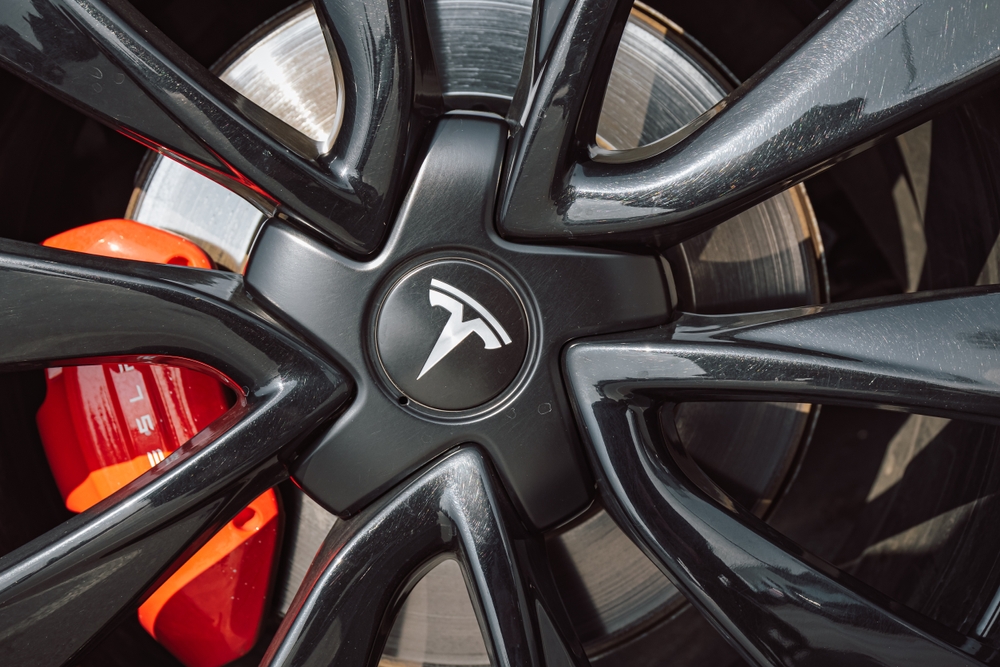
While Tesla’s reputation in Europe is losing its luster, Chinese competitor BYD has moved to the center of investors’ attention. Demand for Tesla’s new models remains below expectations, especially for the Cybertruck, which has struggled this year with reliability issues and safety shortcomings. By contrast, BYD is taking the EV spotlight and overtaking Tesla in global sales.
Musk’s political scandals
After Elon Musk became a close political ally of President Donald Trump and was appointed to lead the new Department of Government Efficiency, a series of political controversies emerged, polarizing public opinion. Some customers began distancing themselves from Tesla and sold their vehicles to disassociate from Musk’s political views. In the U.S. and Canada, incidents of vandalism against Tesla vehicles increased, including burned charging stations and damaged stores.
Another wave of criticism was triggered by Musk’s gesture at a political event that resembled a Nazi salute. The incident had a particularly negative impact in Germany, where Tesla operates a factory and where any expression of sympathy for Nazism is a criminal offense. The market reaction was immediate: Tesla’s sales in Germany fell 76% in February, while across Europe the automaker posted a 49% decline despite a 28% increase in the EV market.
Aging product and rising competitive pressure
Tesla also faces the challenge of an aging product lineup. The Model S has been on the market for 13 years with only minor updates. Although the Model 3 was refreshed, it fell from second to fourth place in California, a key market. The company is also struggling in China, where February sales fell 49% year over year. Domestic rivals such as BYD offer cheaper and more technologically advanced models with faster charging and more sophisticated autonomous features. In 2025 BYD leads sales and is increasing share in both Europe and China thanks to a broader and cheaper lineup. The global market is expanding quickly, but Tesla’s relative share is shrinking, pressuring prices and margins.
Time will tell
Once a dominant EV player, Tesla now faces rising competition and a damaged reputation. After sharp declines in April, the stock has been recovering, yet in the first half of August it was still 1% below its January level, when the share price hovered around USD 400.*
A shift away from the traditional customer base, stagnating product development, aggressive competition, and political controversies are the key challenges the company must face this year. While it remains an important player in autonomous driving, the question is whether it can reset its strategy and reclaim market leadership.
* Past performance is not indicative of future results.

